- BlackVoter.Org
- Posts
- BLACKVOTER.ORG #115
BLACKVOTER.ORG #115
Empowering Awareness: Stay Grounded With Blackvoter.org Newsletter!Empowering voices, driving change. 🗳️ Advocate for justice, equity, and representation at BlackVoter.org. Join us as we harness the power of the ballot to shape a future that reflects our values and aspirations. #BlackVoter #EmpowerChange Publish Time



In this article, former U.S.
representative Gary Franks argues that identity politics is detrimental to America as a whole but beneficial for the Democratic Party. He suggests that Democrats rely on identity politics, particularly in relation to the Black community, to secure votes in elections.
Franks explains that historically, Democrats have relied on the Black vote to win presidential elections, as they consistently receive over 90% of the Black vote. He argues that this gives Democrats a significant advantage, as they only need to secure an additional 41% of the non-Black vote to reach the majority needed to win.
Franks also criticizes the Democratic Party's nomination process, highlighting Kamala Harris's quick rise to secure the vice presidential nomination without receiving any votes from registered Democratic voters. He concludes by suggesting that Black voters should consider whether the Democratic Party has done enough to deserve their overwhelming support.

In this video, Sheryl Lee Ralph, star of the TV show "Abbott Elementary," discusses her historic Emmy nomination with host Segun Oduolowu at the Martha's Vineyard African American Film Festival. Ralph is the first Black woman to be nominated in the lead actress category for a comedy series.
She shares her excitement about this achievement and the importance of representation in the entertainment industry. Ralph emphasizes the need for Black creators to be celebrated and recognized for their contributions to the arts.
The conversation highlights the progress that has been made in diversifying Hollywood but also acknowledges the work that still needs to be done. Ralph's nomination serves as an inspiration for aspiring Black actors and creators and is a step towards a more inclusive and equal entertainment industry.
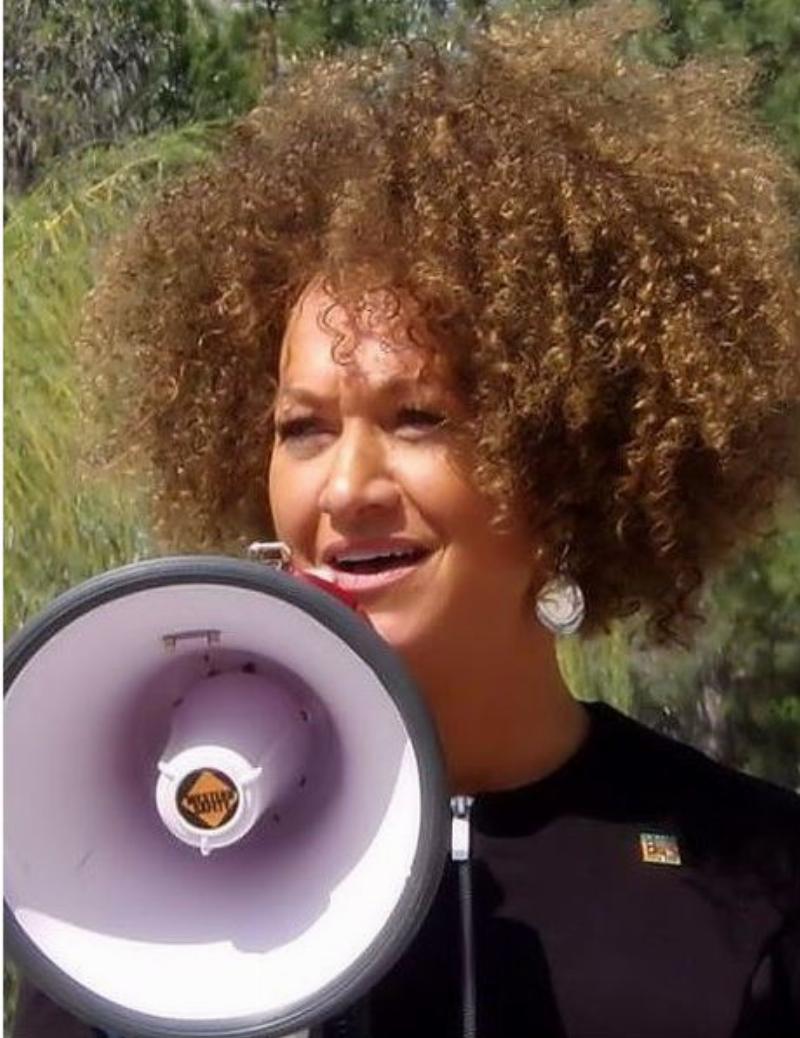
In this provocative article, the author draws a comparison between Kamala Harris and Rachel Dolezal, a white woman who pretended to be black. The author argues that both women engaged in deceptive acts to further their own personal and political agendas.
They criticize the Democrat party for creating a fantasyland where identity politics and victimhood are prioritized over objective truth. The author also suggests that Harris is using her perceived blackness as a shield against criticism and to gain the votes of black Americans.
They question whether factors such as gender and race should be the primary criteria for choosing a leader. Overall, the article attempts to challenge the notion of identity politics and prompt readers to think critically about political deception and its implications.

In an effort to win over swing-state voters, Vice President Kamala Harris is facing attacks on her "California-ness" from Republicans. However, voters and politicians in swing states like Michigan and Arizona say that her California roots may not be the deciding factor.
While California has never produced a Democratic president, Harris's campaign has gained momentum and drawn large crowds. To reach the White House, she will need to overcome any concerns about her California background and defend her California record against attacks from former President Donald Trump's campaign.
Harris has released an ad emphasizing her Oakland upbringing and her work as a California prosecutor. Her California ties have given some voters pause, but they are not likely to be the determining factor for most swing-state voters.
Instead, they are more interested in her policy stances and track record as vice president.


Black Voters Matter and One Fair Wage have announced a concert series called "Raise the Wage" that will take place during the Democratic National Convention in Chicago. The concert series aims to urge voters of color to "vote themselves a raise" and raise awareness of fair wages as an important issue for communities of color.
The program will feature musical concerts and other entertainment events and will support ballot initiatives and voter mobilization efforts in key battleground states. The series is sponsored by organizations including the Black Churches Action Fund and will take place from August 19 to 21.
The concerts will feature performances by artists such as Doug E. Fresh, Raheem DeVaughn, Charles Jenkins, and Lecrae.
The goal is to mobilize hundreds of thousands of unlikely voters of color to take action in the 2024 election.
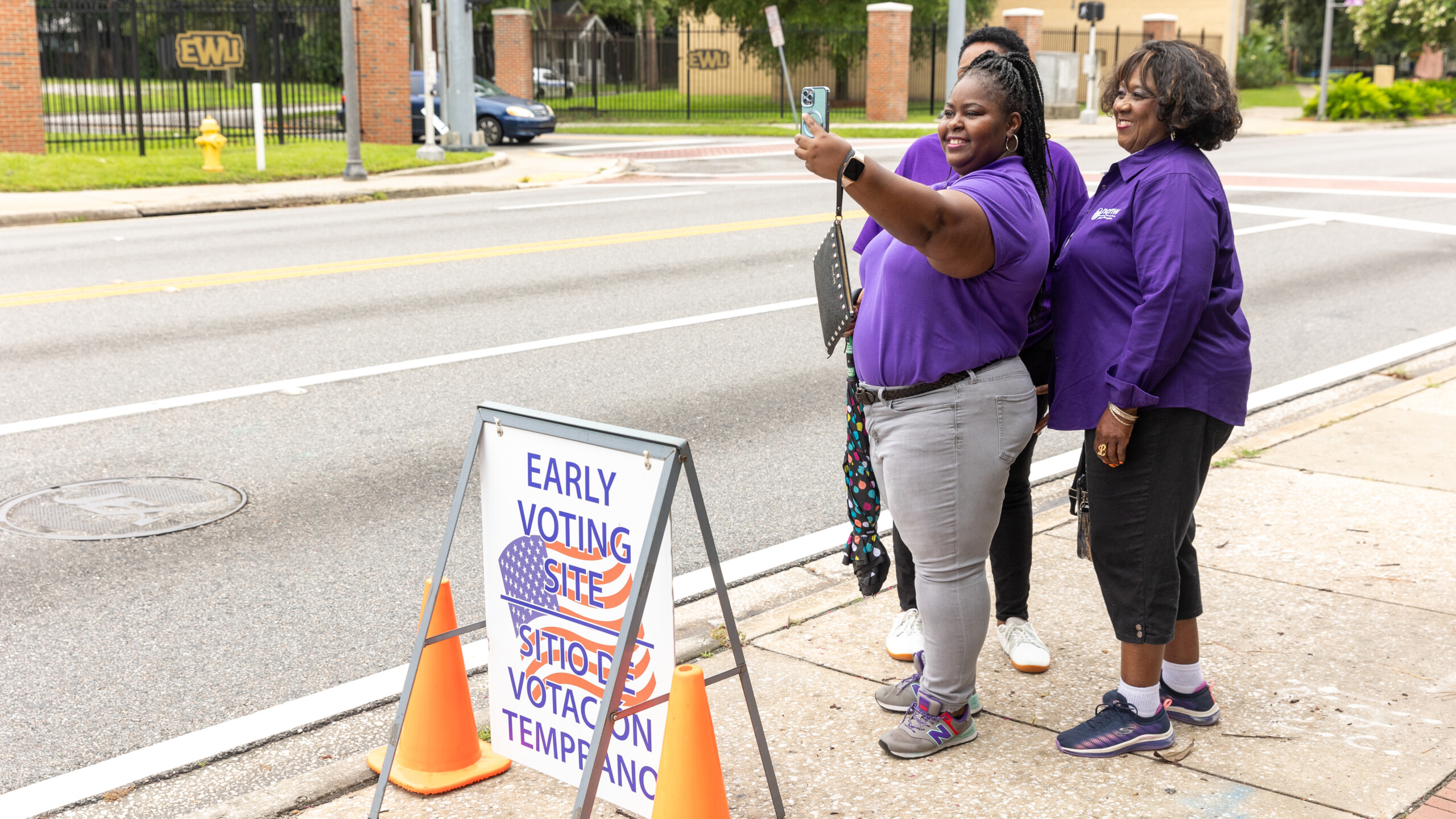
Duval County in Florida is currently focusing on increasing Black voter turnout in the upcoming election. Despite having the highest percentage of Black voters in the state, there has often been a significant gap between Black voter turnout and overall countywide voter turnout in recent elections.
However, local civil rights organizations have made a multiyear effort to establish an early voting site on the campus of Edward Waters University, a historically Black college located in a predominantly Black neighborhood. This early voting site is seen as a symbol of inclusive democracy and equitable access to the voting process.
Historically, Black voter turnout in Duval County has been higher when there is a Black candidate on the ballot at the local, state, or national level. The presence of an early voting site on campus is expected to encourage more African American voters to participate.
Furthermore, historically Black colleges and universities across the country have played a role in spurring voter turnout.


A "Mobilize Black Men" campaign event in Detroit attracted hundreds of people in support of Vice President Kamala Harris. The fundraising event was held at the TV Lounge bar in downtown Detroit and featured notable attendees such as House Minority Leader Hakeem Jeffries, Michigan Lt.
Gov. Garlin Gilchrist II, and Chicago Mayor Brandon Johnson.
The goal of the event was to bring Black men into the political arena and highlight their power and influence. Gilchrist emphasized that the main objective is to send Kamala Harris to the White House but also stressed the importance of Black men asserting their role in America's political future.
The organizers have not disclosed the amount of money raised at the event. Overall, the event showcased the unity and determination of Black men in supporting Harris and their desire to shape the country's political landscape.

In a commentary article, former U.S.
representative Gary Franks argues that identity politics is bad for America but good for Democrats. Franks claims that if elections were held today, Democrats would have a 9 to 1 lead over former President Donald Trump, primarily due to identity politics.
He explains that Democrats rely on the Black vote to secure victories and have not won the white vote in presidential elections since 1964. Franks emphasizes that Democrats only need to obtain an additional 41% of the non-Black vote to reach the required 50% to win, whereas Republicans would need an additional 49%.
Franks argues that the Democratic Party has not done enough to deserve over 90% of the Black vote, pointing to Republican initiatives such as federal funding for Historically Black Colleges and Universities and urban revitalization programs. He suggests that Democrats demonize their opponents and use tribalism to perpetuate identity politics, while delivering negligible results for the Black community.

Former President Donald Trump is set to visit Montana in an attempt to oust incumbent Democratic Sen. Jon Tester, after failing to do so in the 2018 election.
Tester, who has aligned himself with Trump on certain issues, now faces a more critical test as he tries to hold onto his seat. His opponent, former Navy SEAL Tim Sheehy, is attempting to link Tester to Democratic vice presidential nominee Kamala Harris.
Trump's visit to Montana is seen as a way to boost Sheehy's chances, as the former president won the state by a large margin in 2016. However, Tester has been working to distance himself from national Democrats and has the support of several high-profile Republicans in the state.
The race is being closely watched, as Democrats are defending more Senate seats than Republicans in the upcoming election.
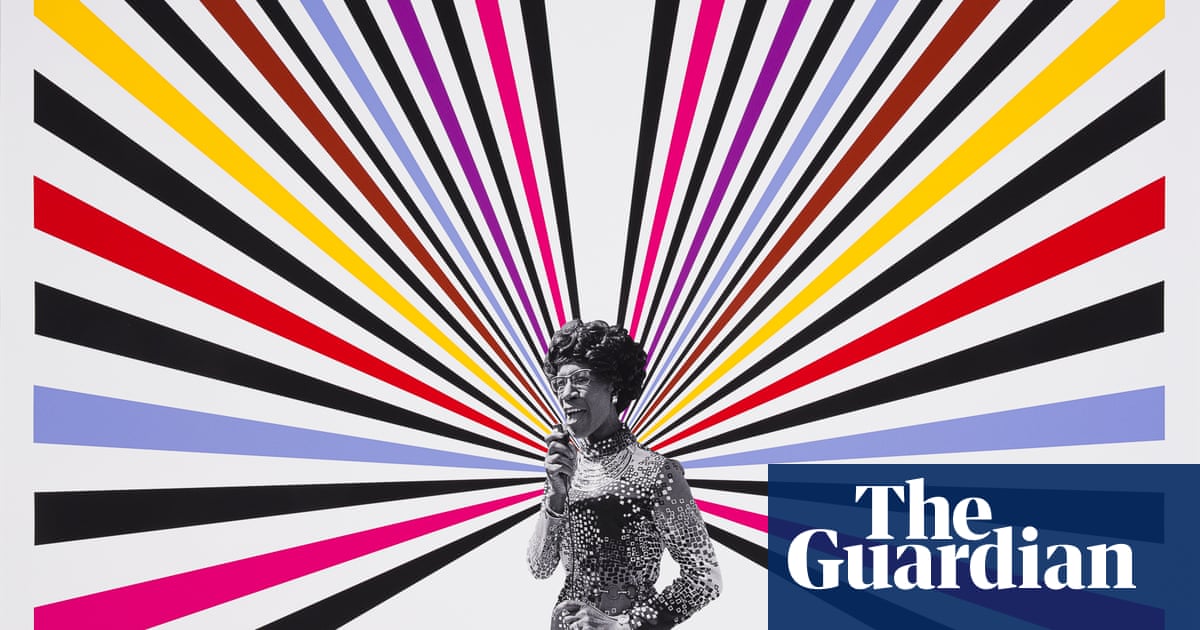
Art for Change, a non-profit organization that curates online sales and exhibitions to raise money for charities, has partnered with When We All Vote, a non-partisan non-profit founded by Michelle Obama, to increase voter participation in the US. The partnership has resulted in a collection of artwork designed to empower and inspire Americans to vote in the 2024 presidential election.
The collection includes pieces from various artists, each of which brings a unique perspective to the concept of voting. While some works may not immediately appear political, they all ultimately convey what is at stake in the democratic process.
Proceeds from the sale of the prints and original works will go towards When We All Vote’s mission of increasing voter turnout.
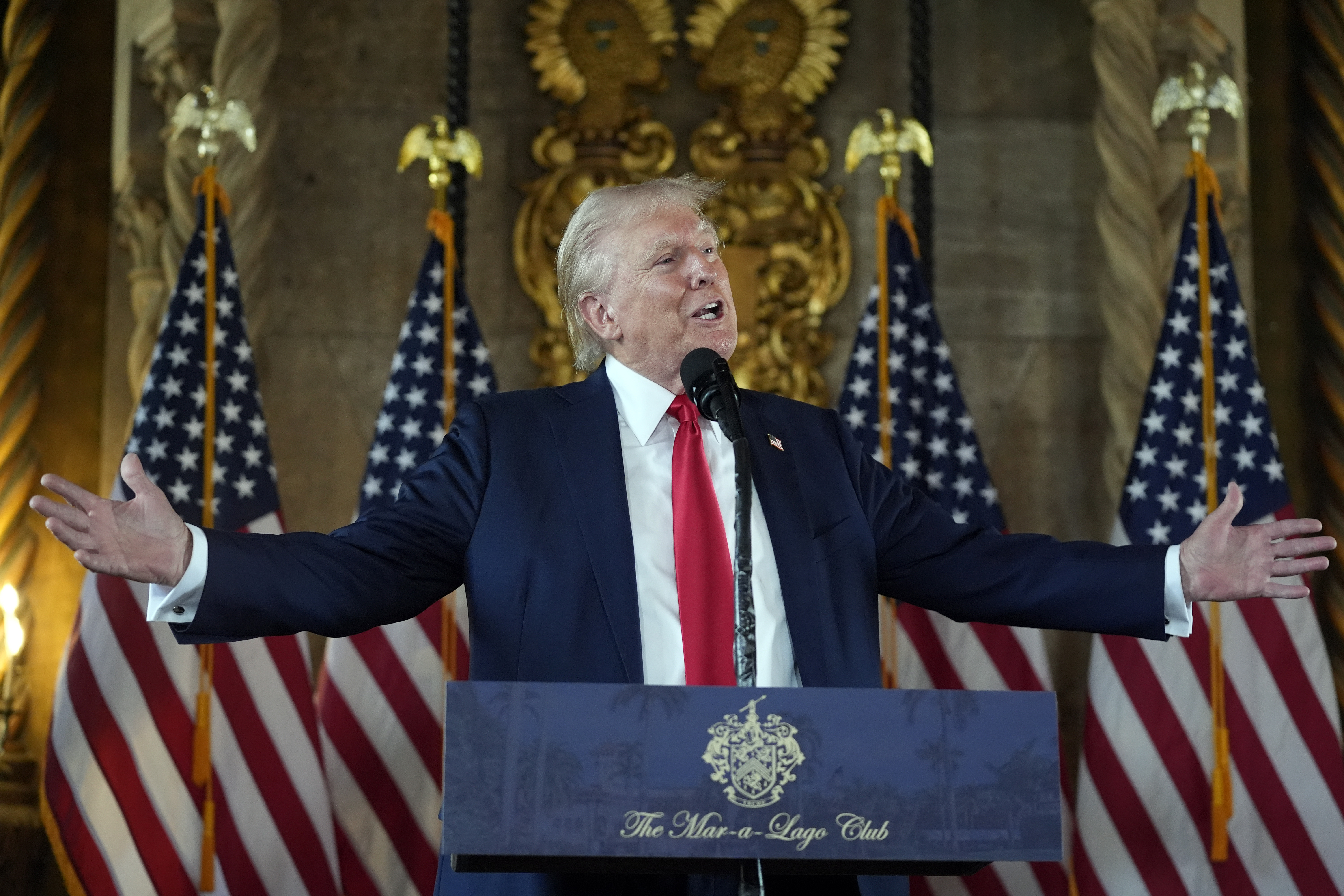
Former President Donald Trump has agreed to participate in a debate with Vice President Kamala Harris on September 10, according to ABC News. Trump made the announcement during a press conference at his Mar-a-Lago resort, where he also insulted Harris and insisted that he has not "recalibrated" his campaign.
The upcoming debate is expected to be a highly anticipated event in the 2024 election. Trump had previously backed out of a debate with Harris on ABC, but he has now changed his mind.
He has also proposed two additional debates with Harris on other networks. Trump's campaign plans to spend the next three months attacking Harris as "failed, weak, and dangerously liberal," while Harris is hoping to capitalize on her newfound Democratic enthusiasm.

Critics are calling out J.D.
Vance, the vice presidential nominee for the Republican Party, accusing him of flip-flopping on Donald Trump's racism. Vance, a Republican senator from Ohio, had previously criticized Trump, arguing that his rhetoric would lead white people to become more racist over time.
However, Vance's recent actions and statements, including embracing elements of the white nationalist "Great Replacement Theory," have led to accusations of duplicity. Critics argue that Vance's adoption of Trump's ideologies is a dangerous development, particularly due to his support for the anti-Black Lives Matter shooter Kyle Rittenhouse.
They warn that Vance's views and policies will have a negative impact on Black and brown Americans. The Republican Party's selection of Vance demonstrates a focus on white working-class and rural voters at the expense of inroads with other demographics.
Critics predict that Republicans will try to sanitize Vance's image in the lead-up to the election, but argue that he is a "vile, crass white nationalist.
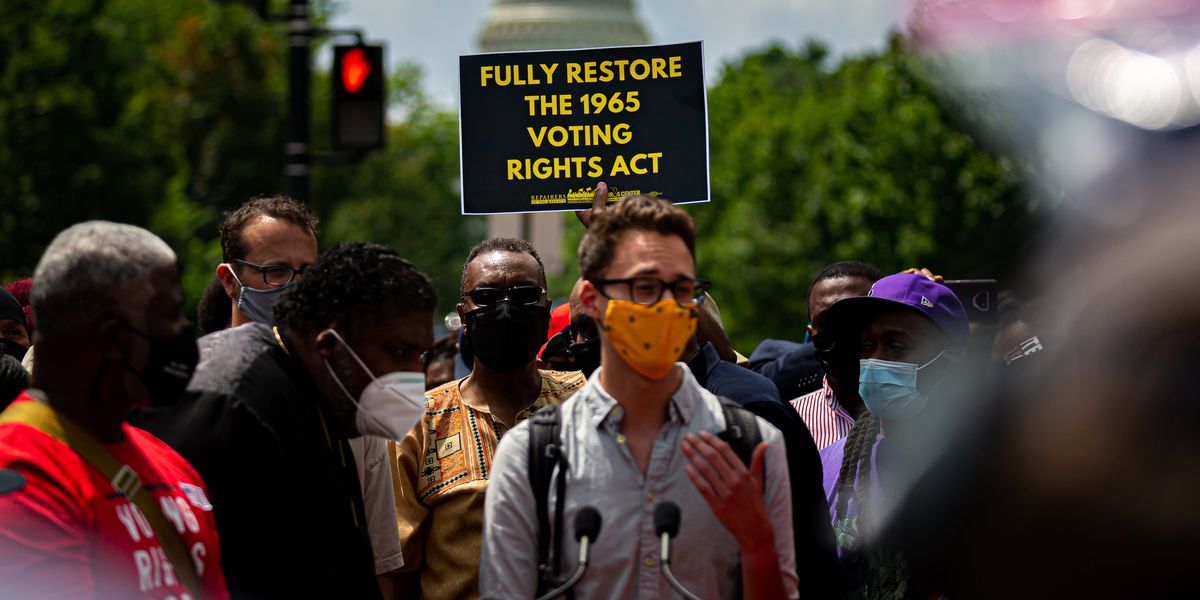
The Fulcrum reports that Project 2025, a conservative guideline to reforming government and policymaking during a potential second Trump administration, poses a threat to voting rights in the United States. Project 2025, spearheaded by the Heritage Foundation, seeks to fundamentally alter the federal government and reshape all aspects of Americans’ lives by implementing an anti-democratic, far-right agenda.
The proposal includes stripping the Department of Justice’s Civil Rights Division, raising campaign contribution limits, and shifting the responsibility of investigating voter registration fraud to the Department of Justice’s Criminal Division. The article emphasizes the potential impact on voters of color and highlights the problematic track record and affiliations of those associated with Project 2025.
It urges citizens, particularly voters of color, to become informed about the agenda and work to protect fundamental rights and freedoms.
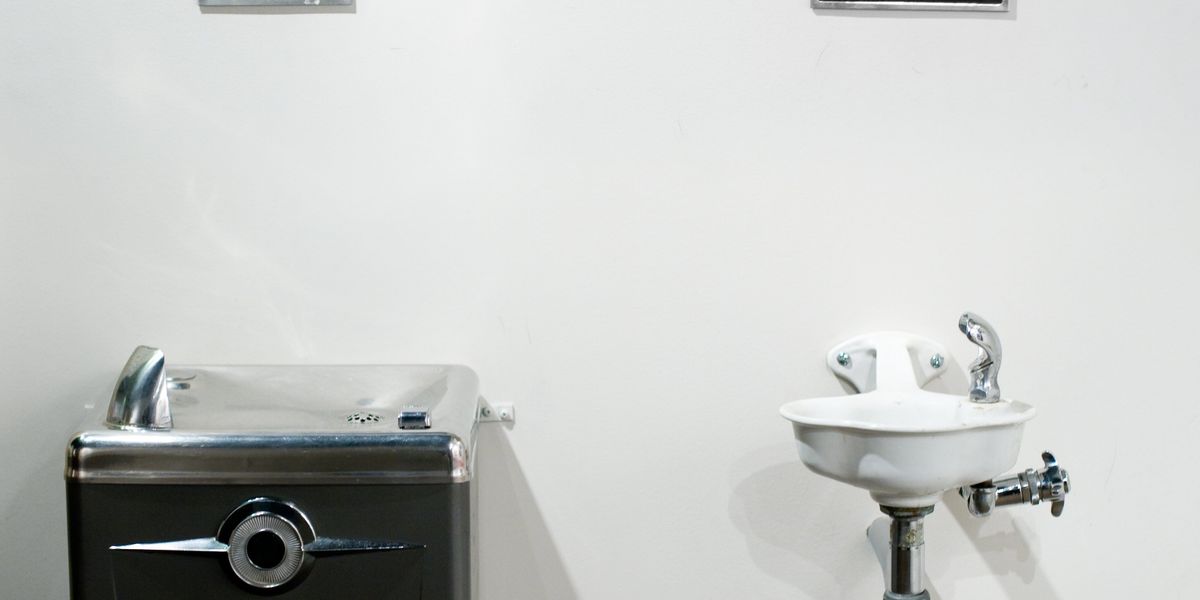
Former President Donald Trump recently questioned Vice President Kamala Harris's "Blackness," sparking a debate about her racial identity. In an op-ed, Walter H.
White Jr. explores the concept of race and its historical implications in America.
He emphasizes that race is a superficial and unreliable indicator of one's racial heritage. White argues that the discrimination and laws against people of color throughout American history have created a diverse and rich tapestry of cultures that significantly influence American culture today.
He criticizes Trump for attempting to divide the American people based on race and argues that policy differences, not personal attacks, should be the focus of political discussions. White concludes by emphasizing the importance of not reverting to a time when people of color were denied participation in society based on their race, highlighting the need for equality and inclusivity.

